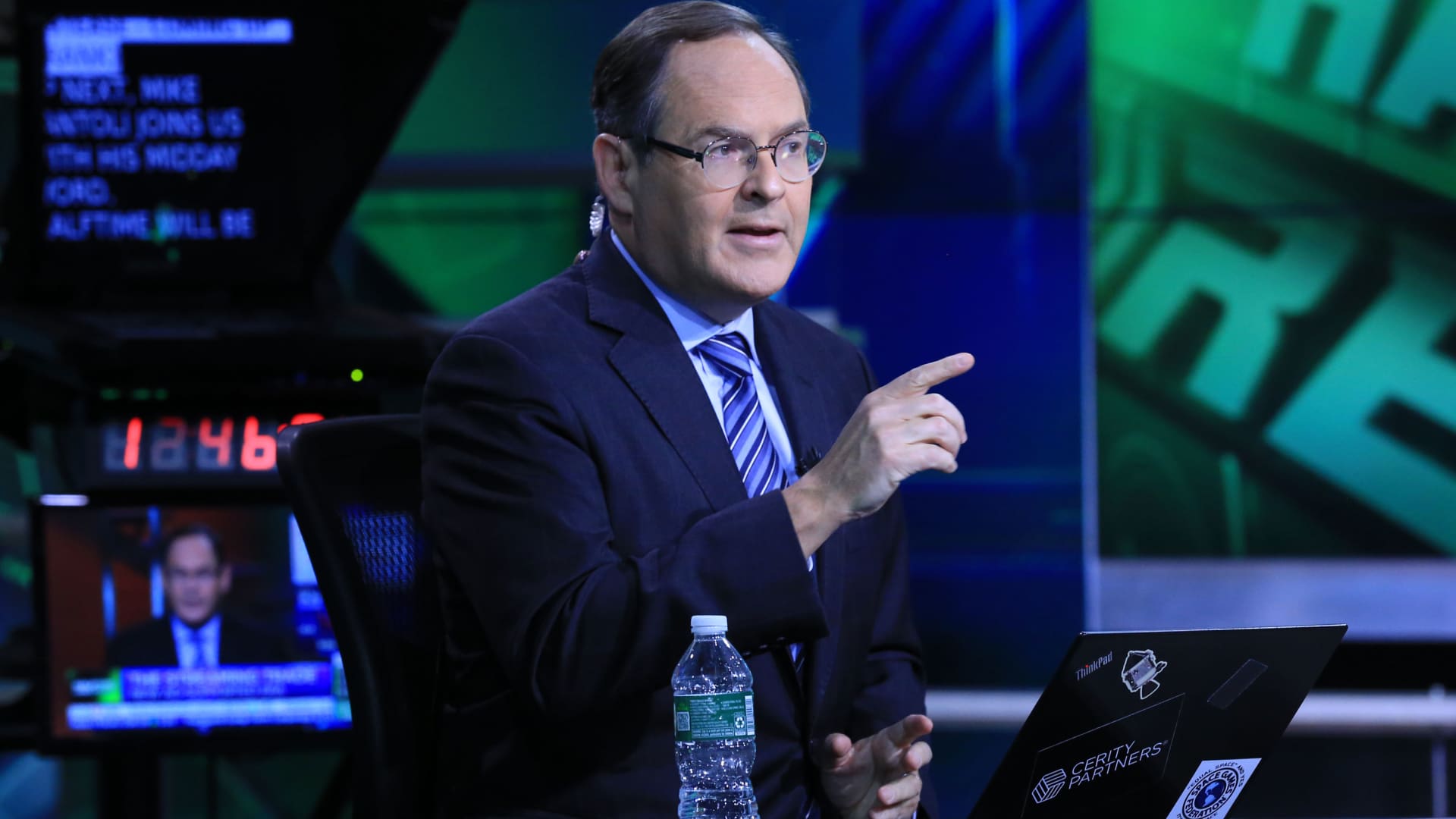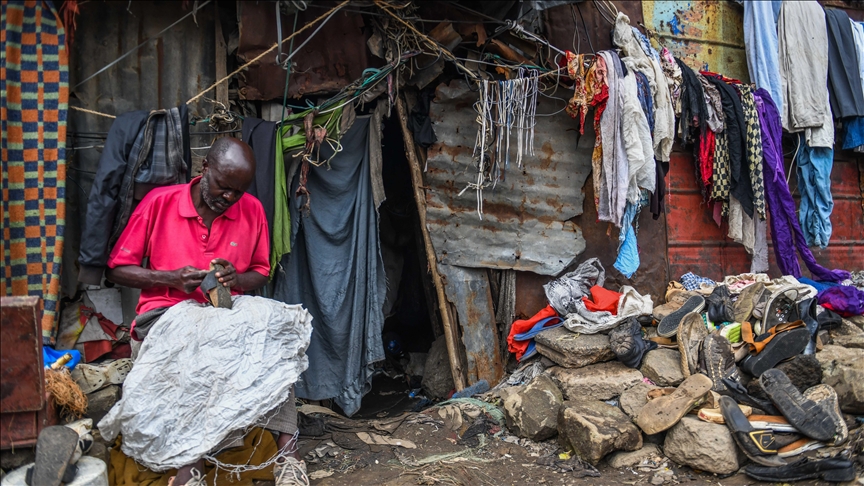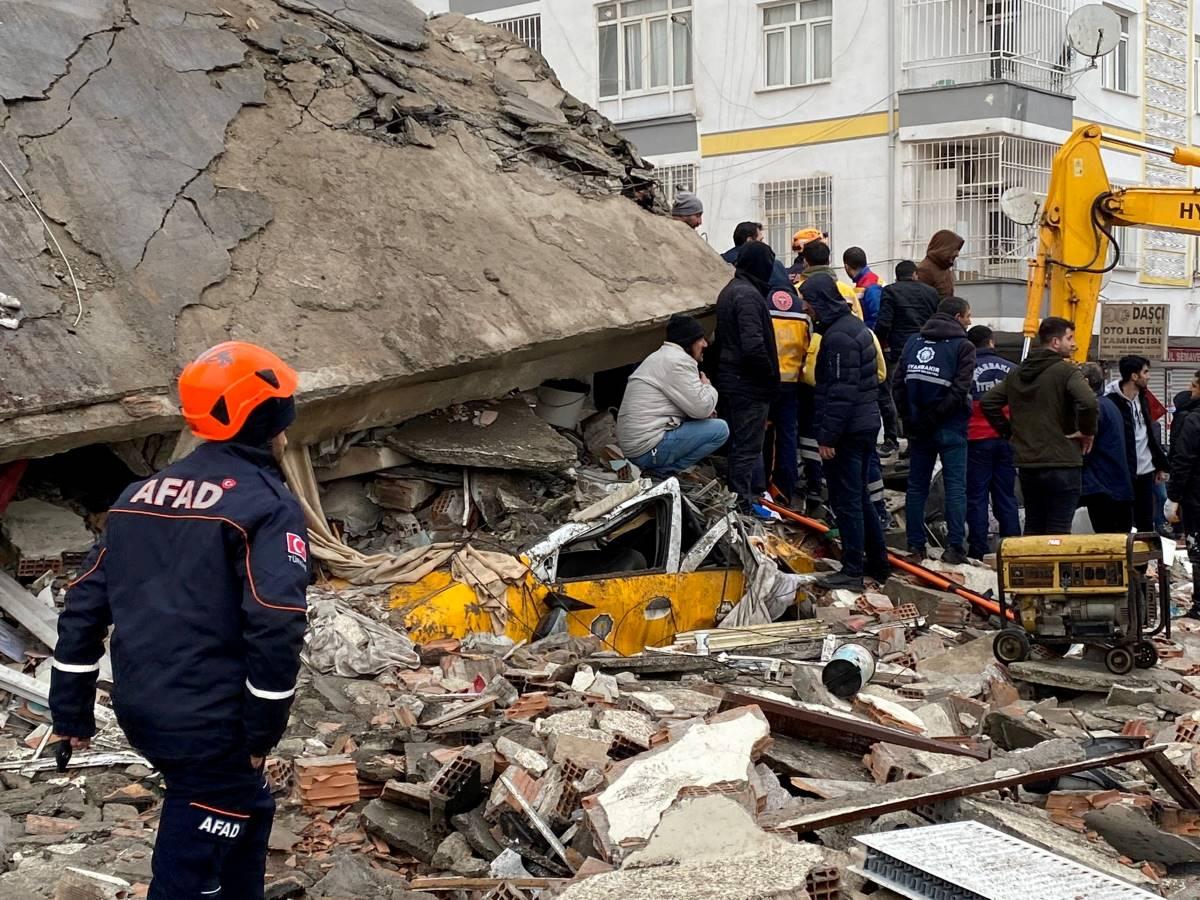Israel Kills 3 Palestinian Boys, 3 Activists
Israeli tanks and jeeps, backed by helicopters, swarmed into the Gaza Strip near the Jabalia refugee camp late Tuesday in an onslaught the occupation military says is aimed at halting rocket attacks.
Three Palestinians were killed and 17 wounded as Israeli troops clashed with resistance fighters around Jabalia. The dead were identified as 22-year-old Tawfik Ali Sharafi, a fighter with Hamas’ armed wing the Ezzedin al-Qassam Brigades, and teenage boys Ahmed Madi, 17, and Said Abu Eish, 14, according to Agence France-Presse (AFP).
Another boy, 13-year-old Mohammed Jaber, was killed when Israeli soldiers opened fire on stone-throwing youths near the Jewish settlement of Netzarim further south in the Gaza Strip, medics told AFP.
And in the West Bank, Israeli troops killed a wanted Palestinian activist at dawn in the northern city of Nablus , Palestinian security sources said.
Majdi Khalifa, 25, was a member of the Al-Aqsa Martyrs’ Brigades, an armed group linked to Palestinian leader Yasser Arafat’s Fatah movement.
Also up north, the army withdrew from Jenin after a two-day search and arrest onslaught during which two Palestinians were killed and scores wounded. More than 100 people were arrested.
The latest casualties brought to 4,351 the number of people killed since the start of the Palestinian Intifada or uprising exactly four years ago, including 3,332 Palestinians and 948 Israelis, according to an AFP count.
But according to official figures published Tuesday by Israel and the Palestinian Authority, at least 3,549 Palestinians and 1,017 Israelis have been killed since the outbreak of the Intifada exactly four years ago.
Statistics released by the Palestinian health ministry showed that since September 28, 2000, a total of 3,549 Palestinians have been killed, of which 772 were minors, not adding Wednesday’s six.
In Jabalia, Palestinian activists were hiding in the camp’s narrow alleys as several Israeli helicopters were flying overhead, surveying the area.
Several tanks were blocking the camp’s entrance and troops had taken over at least one residential building as a makeshift base.
The raid came hot on the heels of Palestinian rocket attacks on southern Israel .
“This operation aims to decrease the launching of rockets and mortars in and outside the Gaza Strip,” an Israeli army spokeswoman told AFP.
Three rockets hit the town of Sderot Tuesday, just across the border from the Gaza Strip, where several residents were treated for shock. A fourth landed on a road close to a nearby kibbutz or communal farm but caused no casualties.
The Israeli army has been battling with rocket attacks for months, including a five-week offensive in the northern Gaza Strip that ended in early August and a four-day raid in the same area earlier this month.
Rockets are typically launched by Hamas and named "Qassam" after its military branch. They can carry a five-kilogram (11-pound) explosive charge and have a 10-kilometer (six-mile) range, but are generally inaccurate.
The first and only fatal Qassam attack so far occurred last June when two Israelis were killed in Sderot.
“We can’t completely stop the firing of rockets but we will at least try to decrease it,” an Israeli military source told AFP.
“As long as the Palestinian security forces do not go after these people, the attacks won’t completely stop.”
Palestinians complain that ability to maintain security has been thwarted by Israel since the beginning of the four-year-old Intifada in September 2000, with the systematic destruction of infrastructure such as police stations and killing of their men.
Israeli sources said troops faced two major difficulties when going after the men firing rockets.
“First, it’s very hard for us to find them as it takes just a couple minutes to fire a rocket from the back of a car which then disappears. It’s a cat and mouse game,” one source told AFP.
“Second, they use the civilian population as human shields by hiding in their backyards and orchards which limits our operations since we don’t want to cause major collateral.”



